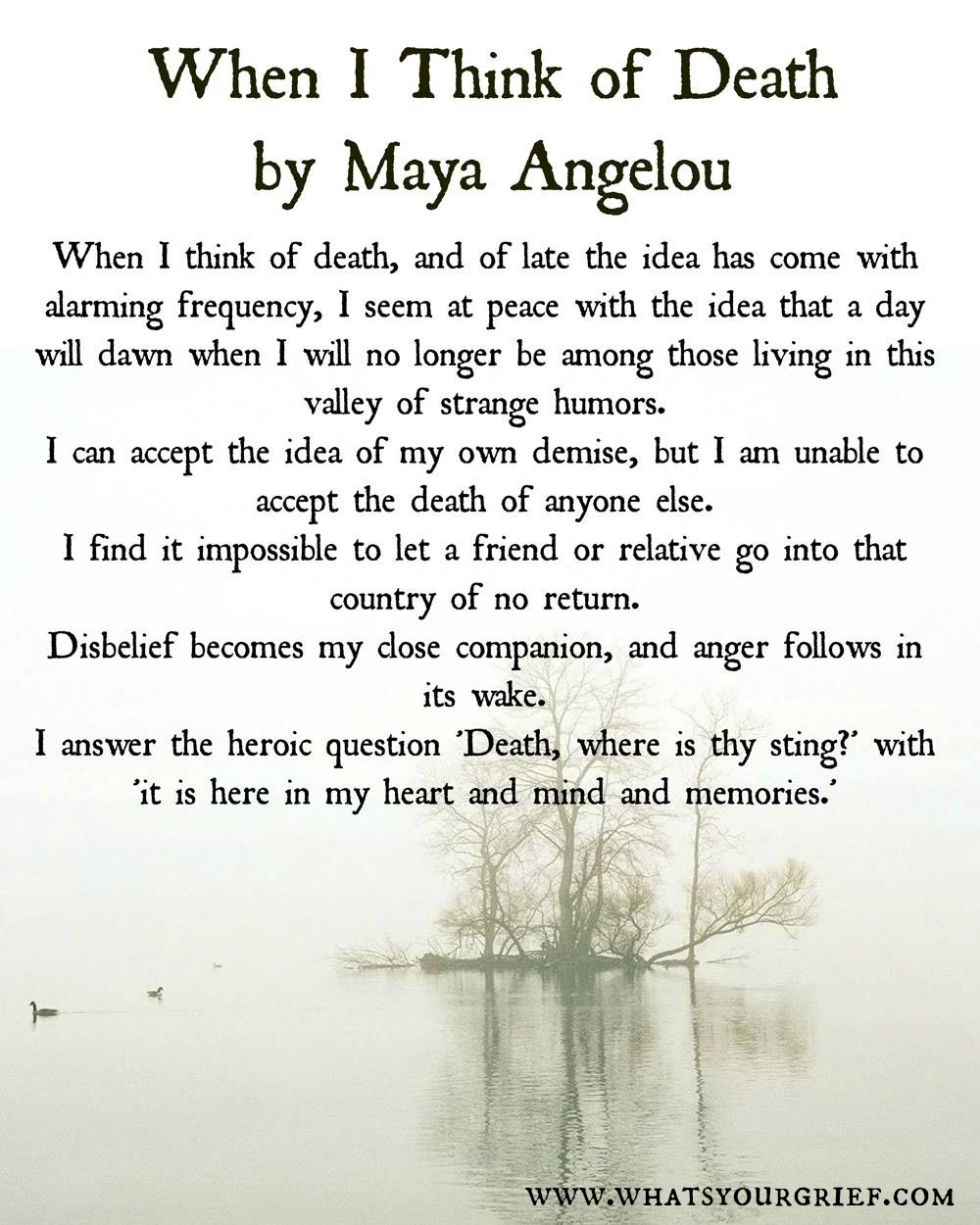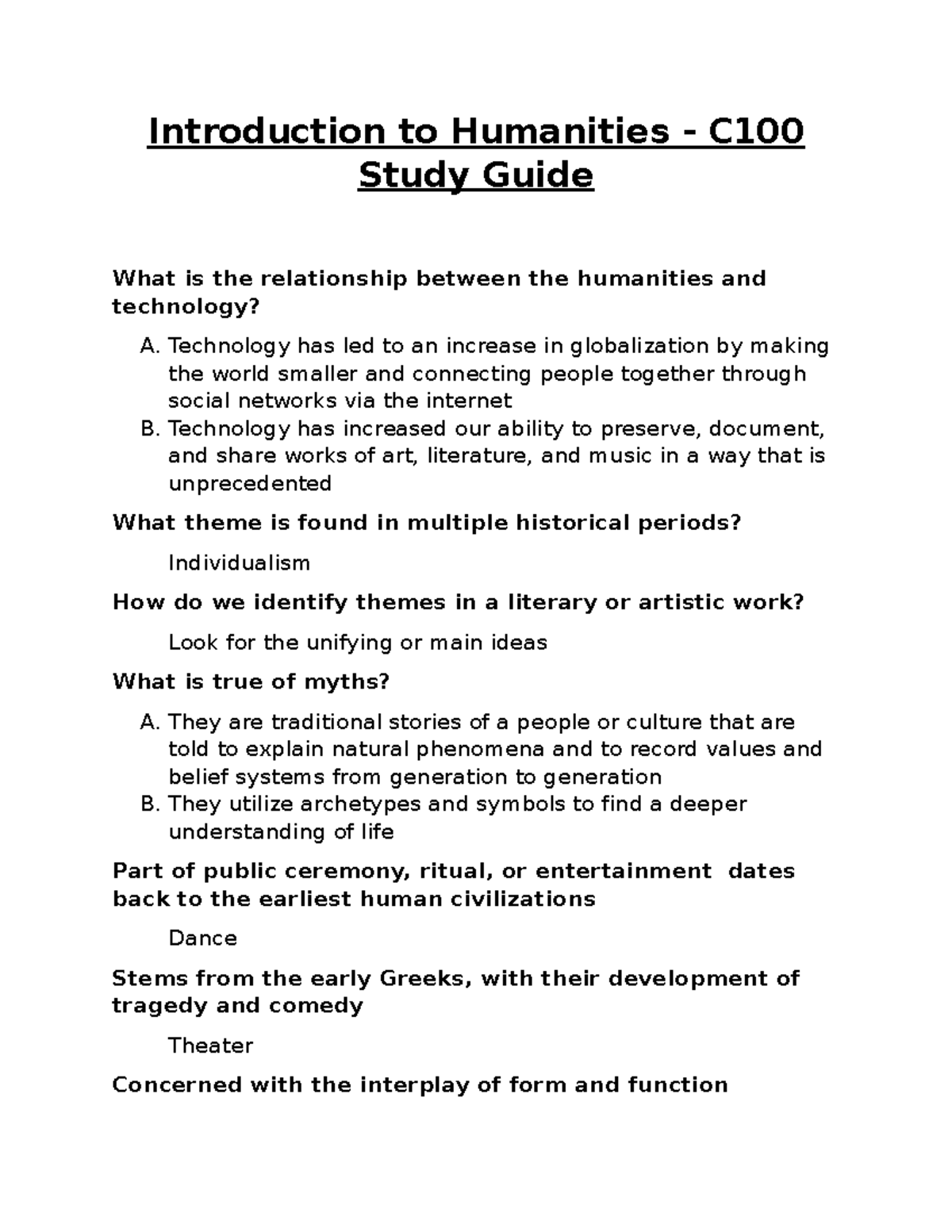Grief after loss is a profound and often disorienting journey that many individuals experience when faced with the death of a loved one. This emotional turmoil can bring about feelings of confusion, anger, and heartache as one navigates the complex grief process. Coping with grief is not a linear path; it can feel like a chaotic pendulum swing between moments of despair and fleeting memories of joy. Understanding loss is crucial to healing from loss, as it allows individuals to confront their emotions and find healthy ways to cope. Ultimately, dealing with grief requires time and patience, reminding us that healing is a deeply personal experience.
When someone we love passes away, it leaves an indelible mark on our hearts and minds, propelling us into a state of mourning that can feel all-consuming. The emotional fallout often includes a whirlwind of competing feelings, from sadness to nostalgia, as we grapple with the reality of a world without them. The process of lamenting a relationship is unique to each person, filled with both challenges and transformative moments. As we reflect on the nature of loss, we begin to navigate grief’s stages, each one teaching us more about our capacity for resilience and connection. In seeking to mend our hearts, we may find solace in understanding the intricate layers of grief and ultimately emerge with a deeper appreciation for both love and loss.
Understanding Grief After Loss
Grief after loss is a profound and personal experience that manifests in various forms. It is not merely a reaction to death but a complex emotion shaped by the depth of the relationship shared with the deceased. Individuals may find themselves navigating a cacophony of feelings, from shock and disbelief to anger and profound sadness. Understanding loss involves recognizing that grief can ebb and flow, often resurfacing unexpectedly as anniversaries or significant events trigger memories of the loved one. This emotional turmoil can feel isolating, yet it is a shared human experience that many struggle to articulate.
Embracing the grief process requires patience and self-compassion. Coping with grief often means allowing oneself to feel the pain fully rather than suppressing it. Many find solace in rituals that honor the deceased, ensuring that their memories live on. Creating a memorial or simply sharing stories with friends or family can help process these emotions. It’s essential to understand that there is no timeline for healing from loss; each person’s journey is unique. By acknowledging the complexities of grief, we can better offer support to those who are mourning, reminding them that they are not alone in their pain.
The Healing Journey of Grief
Healing from loss is a transformative journey that does not follow a straight path. It often includes a mix of ups and downs as individuals learn to adapt to life without their loved ones. This process is personal and can vary greatly from one person to another, influenced by the nature of the relationship, the circumstances of the loss, and individual coping mechanisms. For many, understanding how to move forward involves reflecting on memories, expressing emotions, and even re-evaluating life goals and priorities. This quest for healing becomes an integral part of the grief process, urging the bereaved to find new meaning in their lives.
Dealing with grief is not about forgetting the one who has passed but rather integrating their memory into daily existence. Many find that engaging in creative expressions such as writing, art, or music can assist in processing their emotions. Therapy and support groups also play a crucial role, offering safe spaces to share feelings and experiences. As individuals navigate this stormy sea of emotions, they may find that healing is not a matter of moving on, but of learning to coexist with their grief while still honoring the love they shared.
Coping with Grief: Practical Strategies
Coping with grief can be an overwhelming task, yet implementing practical strategies can significantly alleviate the burden. First, it is essential to acknowledge the feelings of sorrow and allow oneself the time to grieve. Seeking support from friends, family, or support groups can provide the necessary comfort during difficult times. Additionally, establishing a routine can help create a sense of normalcy amidst the chaos of grief, while self-care practices such as exercise, meditation, or journaling can foster healing. These active steps allow individuals to engage with their pain rather than avoid it.
Another effective strategy is creating rituals that allow for remembrance and connection. Lighting a candle on anniversaries, sharing a meal in honor of the deceased, or planting a tree can nurture a bond that transcends physical absence. Engaging in these practices not only aids in coping with grief but also serves as a reminder of the love shared. Ultimately, individuals must find what resonates with them personally; each journey of grief is unique, and through caring for oneself, it becomes possible to move toward healing.
The Importance of Sharing Stories in Grief
Sharing stories is an invaluable tool in processing grief after a loss. When individuals recount memories of their loved ones, it not only honors those who have passed but also serves as a form of catharsis. In sharing these narratives, feelings of isolation can diminish as others may relate their experiences of loss and support those in mourning. These storytelling moments become communal acts of therapy, where the bereaved can learn that others share similar journeys, and find companionship in their sorrow.
Engaging in conversations about the deceased allows for the continuation of their legacy. Community gatherings, memorial services, or informal meet-ups can create a safe space for remembering and discussing stories that might otherwise fade away. This act of sharing can bring joy as well as sadness but ultimately promotes healing. It reaffirms the idea that while grief can isolate, it also has the potential to connect, forging new bonds between those who share in the mourning process.
Understanding the Grief Process: Stages of Grief
Understanding the grief process involves recognizing the different stages that many experience after a loss. Initially, one might face denial, shock, or disbelief, often struggling to accept the reality of the situation. This is often followed by anger, where feelings of frustration and helplessness may surface. Following anger, individuals may enter a phase of bargaining, attempting to negotiate for their loved one’s return or seeking answers to ‘what if’ scenarios. Finally, acceptance may arrive, not as an end to feeling sad, but as a way to adjust to a new reality without the deceased.
It is essential to note that these stages are not linear; individuals may cycle through them multiple times. Coping with grief requires patience and the understanding that progress may not always be evident. The grief process can evoke a range of emotions, and allowing oneself to feel them without judgment is crucial for healing. Developing emotional flexibility and allowing oneself to experience grief in varying ways can ultimately facilitate the journey toward acceptance and peace.
Finding Support: The Role of Community in Grieving
Finding support within a community plays a vital role in the grieving process. Engaging with family, friends, and even professionals can provide necessary outlets for expression and healing. Support groups specifically for those who have experienced a similar type of loss can offer a deeper understanding and relatability that friends and family may not provide. Sharing experiences, feelings, and coping mechanisms within these groups fosters a sense of belonging and reduces feelings of isolation that often accompany grief.
Community support also extends beyond just emotional comfort; practical help can ease the burdens that come with loss. Whether it’s organizing meals, helping with paperwork, or simply being present, these acts of kindness remind those grieving that they are not alone. It fosters an environment where individuals can discuss their experiences and learn from one another, enriching their journey through grief. Emphasizing the importance of community means encouraging relationships that provide a nurturing atmosphere for healing.
Reclaiming Joy After Loss
Reclaiming joy after loss is a nuanced process that requires intentionality and self-reflection. While the shadow of grief may feel overwhelming, it is essential to recognize that joy does not diminish the love shared with those who have passed. Rather, finding moments of happiness or contentment can serve as a tribute to the memory of the deceased. Engaging in activities previously enjoyed or discovering new interests can help individuals reconnect with life, reminding them that it is possible to carry the love of their lost loved one into future experiences.
Additionally, seeking joy often involves embracing the memories of the deceased without guilt. Grieving individuals might feel conflicted about experiencing happiness, mistakenly viewing it as a betrayal of their loss. Yet, celebrating the loved one’s life through stories, laughter, and memories is a healthy way to navigate toward acceptance. As individuals learn to balance their grief with moments of joy, they can begin to create a new narrative – one that holds space for loss while welcoming the possibility of beauty and fulfillment in their lives.
From Grief to Growth: Transformative Insights After Loss
The journey from grief to growth can be transformative, offering vital insights that reshape one’s perspective on life. Often, the deep pain following a loss ignites a process of self-discovery, prompting individuals to reflect on their values, relationships, and goals. Many find themselves inspired to live more fully, understanding the fragility of life and choosing to prioritize what truly matters. This transformation can lead to a renewed sense of purpose, where individuals channel their energy into causes meaningful to them or help others facing similar losses.
Additionally, experiences of loss can serve as catalysts for cultivating resilience. As individuals navigate through grief, they often develop coping skills and emotional endurance that enrich their lives. Learning to navigate sorrow can foster empathy and compassion, resulting in deeper connections with others. This shift from merely surviving to thriving after loss illustrates the profound impact grief can have on personal growth, transforming pain into a source of strength and insight that shapes one’s future.
Frequently Asked Questions
How can I cope with grief after loss effectively?
Coping with grief after loss involves understanding that grief is a natural response to losing someone you love. Engaging in activities like journaling, talking to friends or counselors, and allowing yourself to experience your emotions can help you navigate the grief process. Additionally, finding supportive communities or groups where you can share and learn from others can be beneficial in your healing from loss.
What are some common stages of the grief process after a loss?
The grief process often includes stages such as denial, anger, bargaining, depression, and acceptance. It’s important to recognize that everyone experiences these stages differently, and you may move back and forth between them. Understanding loss means allowing yourself to feel these emotions and seeking help when needed.
What does healing from loss look like?
Healing from loss is a personal and gradual journey. It may involve recognizing the pain of your grief while also finding ways to integrate the memory of your loved one into your life. This might include celebrating their life, creating rituals, or finding new ways to embrace joy alongside your grief.
How can art help in dealing with grief after a loss?
Art can be a powerful tool in dealing with grief after a loss. Whether through writing, painting, or music, creative expressions allow you to verbalize and visualize your feelings, offering a therapeutic outlet for your grief. Engaging in artistic activities can provide comfort and promote healing by helping you process complex emotions.
What are some resources for understanding loss and grief?
There are many resources available for understanding loss and grief, including books, online forums, and local support groups. Organizations like grief counseling centers and national helplines can also provide valuable guidance and support. Seeking professional help can be a crucial part of navigating your grief journey.
How long does the grief process typically last after a loss?
The duration of the grief process varies significantly among individuals. While some may start to feel better within months, for others, the process may take years. It’s important to remember that there is no fixed timeline for grief, and healing from loss often unfolds in its own unique way.
What are some signs that I may need professional help in coping with grief after loss?
If you find that your grief is overwhelming, lasts for an extended period, or interferes significantly with your daily life, it may be time to seek professional help. Signs include persistent feelings of hopelessness, withdrawal from loved ones, or a lack of interest in activities you once enjoyed. Professional guidance can help you cope and facilitate the healing process.
| Aspect | Details |
|---|---|
| Author | Geraldine Brooks, a writer and Radcliffe Fellow. |
| Subject | The experience of grief after losing her husband, Tony Horwitz. |
| Timing of Loss | Tony passed away unexpectedly, leaving Brooks in shock and disbelief. |
| Grief Process | Brooks describes how she dealt with grief privately, feeling the need to appear ‘normal’ publicly. |
| Cultural Commentary | She critiques the societal expectation of grieving in silence, advocating for the natural process of mourning. |
| Personal Reflection | Brooks highlights her journey to confront her grief and pay respect to her love for Tony. |
Summary
Grief after loss encompasses a painful journey of reflecting on cherished memories while also grappling with the harsh reality of absence. Geraldine Brooks provides a poignant glimpse into her personal experience of mourning after the sudden death of her husband, Tony Horwitz. Her narrative reveals the internal struggle between societal expectations of normalcy and the deep, unprocessed grief that surfaces in private moments. Ultimately, her story emphasizes the importance of allowing oneself the space and time needed to mourn, illustrating that embracing grief can be a profound act of honoring lost love.



